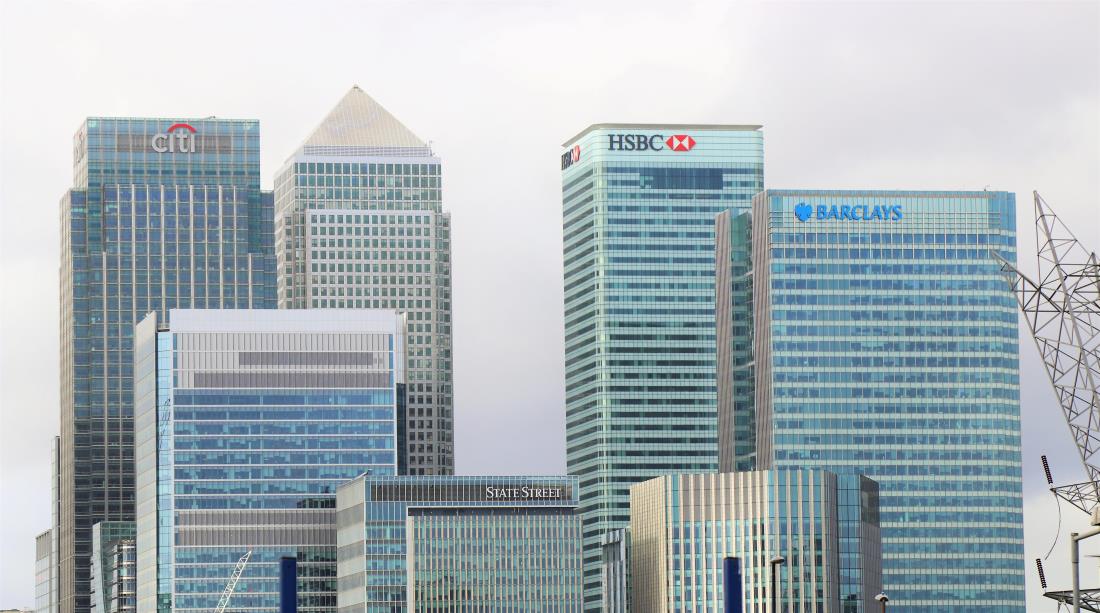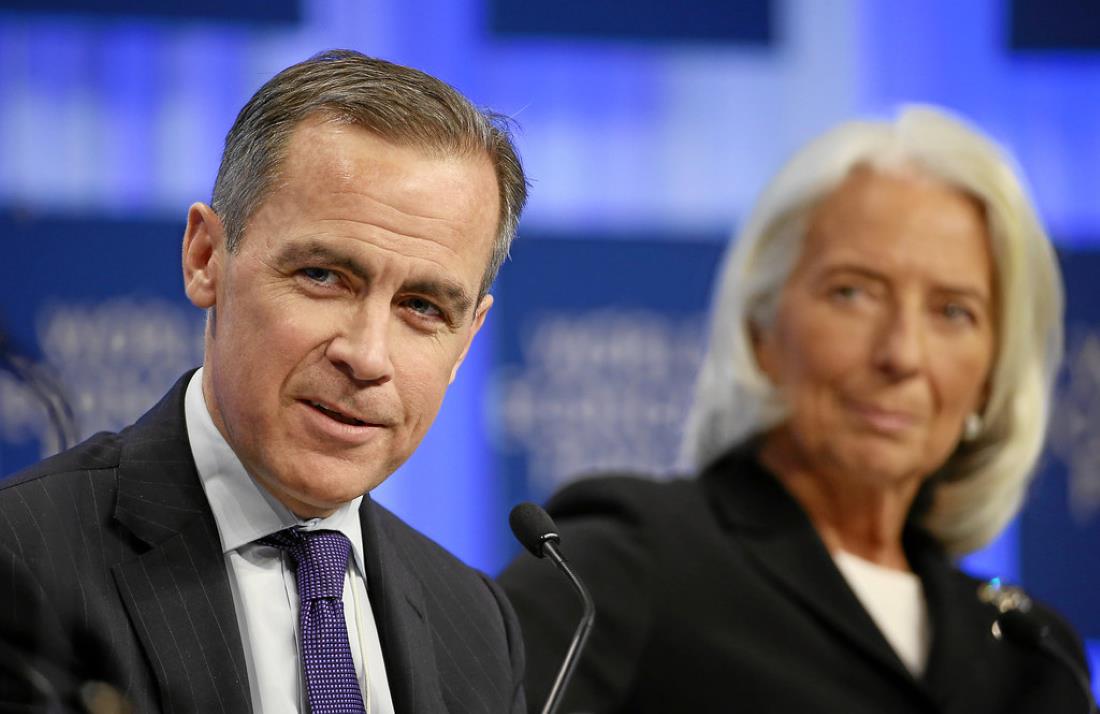The Cost of Living & Credit Crisis
It is just after midday on Thursday the 22nd June. The Bank of England monetary committee which is led by Andrew Bailey, are about to announce whether they have voted to increase interest rates for the 13th consecutive time. The country nervously awaits the inevitable, after a week where commentators have speculated continuously. The banks have anticipated a rise in the base rate and have already acted by withdrawing rates and replacing with higher rated products.
My phone pings to let me know there is a new message or notification, and low and behold there it is, the Bank of England has hiked rates to 5%! Yikes!
This is the highest it has been since 2007 (16 years ago).

So what is going on?
As we dip further into an economic crisis of a unique kind, economic experts continue to find it difficult to forecast accurately. Taking the heat out of the economy by using what appears to be an out dated strategic tool of simply raising interest rates is having little or no real impact.
So it seems to be ridiculous that we are chasing an inflation target of 2% in such a turbulent world market, but this is the target that Chancellor Jeremy Hunt and the Bank of England are committed to. Surely they should look closely at a totally different set of market conditions.
The energy crisis, the pandemic, and the war in Ukraine have been blamed for the difficulties with inflation. Both Sunak and Starmer will quibble and argue at the dispatch box, but this doesn’t help anyone who needs assistance and help with survival strategies.
Some interwoven factors that are at play;
Wages and income
The rail staff, doctors, schoolteachers, university staff, security workers, underground drivers, civil servants, bus drivers, and others have all been on strike this year, and with more strikes in the coming months planned, there will be more noise and direct action that this government has to deal with.
The Banks
The Bank of England has been independent since 1997. They have been free to set interest rates according to government targets. The government inflation target is set at 2%.
Big business
Clearly business is about making profits and I believe that they will be comfortable with ensuring that they put up prices to battle with increased supply chain and other related costs, and also increasing margins for profit – comforted by the fact that their competitors would be doing the same.
The cost of borrowing
If interest rates go up then it must be true that the cost of borrowing for the current government must be impacted in the same way – so there is a double whammy for us as the country’s borrowing/deficit is increased.
Brexit
The impact on trade with the EU due to Brexit must be considered, as the ability to trade freely has now been impeded by new red tape and increased costs.

https://www.flickr.com/photos/worldeconomicforum/12134195075/in/photostream/
Are these factors not being understood?…
The 13th rate rise may not make much of a difference in battling inflation; headline and core inflation are both acting in an extremely stubborn manner. Are these factors not being understood by either the Chancellor, who remains tight lipped, or the Governor of the Bank, Andrew Bailey?
In fact Andrew Bailey in his May 23 speech commented on the fact that some of the inflationary pressures are starting to ease, such as shocks caused by the War in Ukraine, Covid, and food prices. At the end of his speech he says the following “Our commitment to the 2% inflation target is unwavering”
He also in the Telegraph on 22nd June blames high wages for its contribution to higher inflation, but yet still we the strike action continues as workers are determined to get what they feel are accepted pay rises.
The economist Trevor Williams argues that the maybe the BOE could possibly have done more at an earlier stage to mitigate the extent of the current crisis, and also that we can dismiss the view that wage inflation is causing price inflation, as wages are not rising in line with inflation. So really this current surge in interest rates must be fully understood, taking all types of money movement into account, including the import and export changes brought about by Brexit, the bureaucracy and its impact needs to be added into the economic mix.
Spending over twenty years in the mortgage industry has clearly showed me that the Banks have been quick to move their interest rates up in line with BOE hikes, but slow to drop rates by an equal percentage,. Therefore over time the standard variable rate for mortgages will bear no direct resemblance to the current BOE interest rate – just do a quick check now on your current SVR, if you have a mortgage, or simply compare online a few banks and you will find the SVR is markedly different, – Why?
How can you raise interest rates so aggressively? Targeting our ability to spend on much needed goods and services? Why are you ignoring the cries of the country? If rates do not stabilise soon, many will lose their properties, many will incur increased rental costs.
How can you commit to a target without due consideration to the factors which are currently at play in our economy? And strikingly there is no mention of the impact of Brexit, has this been good or bad for the economy so far? Can someone be brave enough to analyse this problem in greater depth?
Mark Carney the previous Governor was vilified for his stewardship, his outspoken and frank opinion on the economy – However he was bold, knowledgeable and confident in his delivery and rationale behind his decisions. Mr Bailey does not seem to have the confidence, poise or clarity, in my humble opinion he may be out of his depth.
Spare a thought for those who are really at the sharp end of these interest rate hikes, this year many will see rises of at least 3% on their mortgages after they come out of fixed rate deals, in some cases adding hundreds of pounds per month in an instant. Wow! Whatever next?
All rights reserved

An interesting piece. The Banks are profiteering by keeping interest rates for savers low. The supermarkets are profiteering by slowing uplifting their prices.
Whichever way you turn ordinary working people are feeling the pinch.